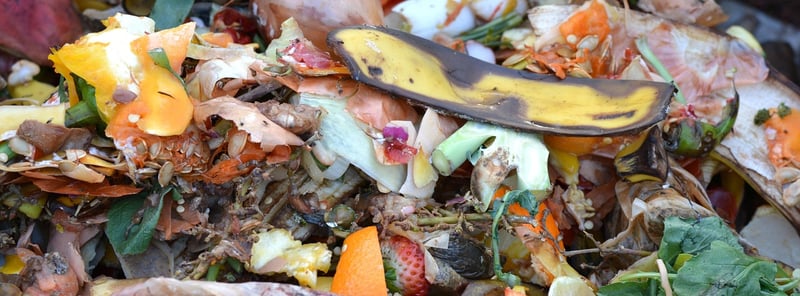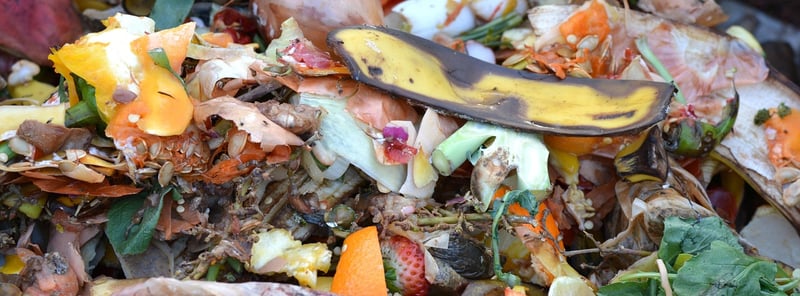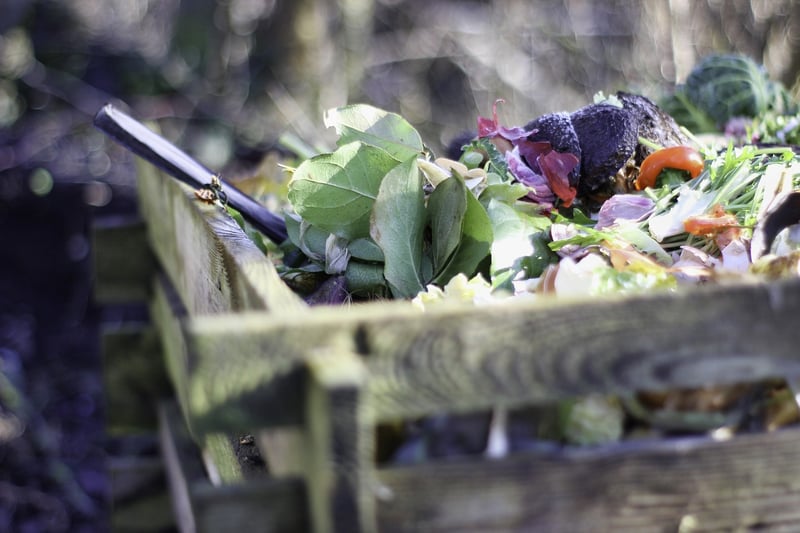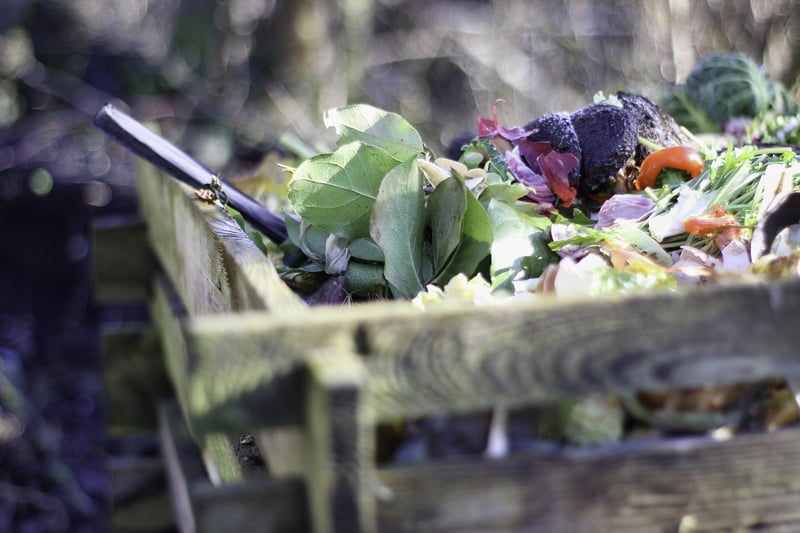Compost Bin Options
The Ultimate Guide to Sustainable Gardening and Compost Bin Options
Introduction to Sustainable Gardening
Sustainable gardening is a practice that aims to maintain and enhance the health of the environment while also producing beautiful and productive gardens. By implementing sustainable gardening techniques, you can reduce your environmental impact, conserve natural resources, and create a more resilient and biodiverse garden ecosystem.
Benefits of Sustainable Gardening
- Conserves water and reduces water usage
- Minimizes chemical use, promoting healthier soil and plants
- Supports local wildlife and pollinators
- Reduces waste through composting and recycling
- Creates a beautiful and sustainable garden space
Compost Bin Options
Composting is a key component of sustainable gardening, allowing you to recycle organic waste and create nutrient-rich compost for your garden. There are various compost bin options available to suit different needs and spaces:
1. Tumbler Composter
The tumbler composter is a convenient option for small gardens or urban spaces. It allows for easy turning and aerating of the compost, speeding up the decomposition process.

2. Worm Bin
Worm bins, also known as vermicomposters, use worms to break down organic matter quickly. They are ideal for indoor composting or for those with limited outdoor space.

3. Stationary Compost Bin
A stationary compost bin is a simple and cost-effective option for larger gardens. It allows for continuous composting and easy access to the finished compost.

Tips for Successful Composting
- Balance green (nitrogen-rich) and brown (carbon-rich) materials
- Aerate the compost regularly to speed up decomposition
- Keep the compost moist but not waterlogged
- Avoid adding meat, dairy, or oily foods to the compost
- Turn the compost regularly to mix and aerate the materials
By incorporating sustainable gardening practices and utilizing the right compost bin option, you can create a thriving garden while minimizing your environmental footprint.
